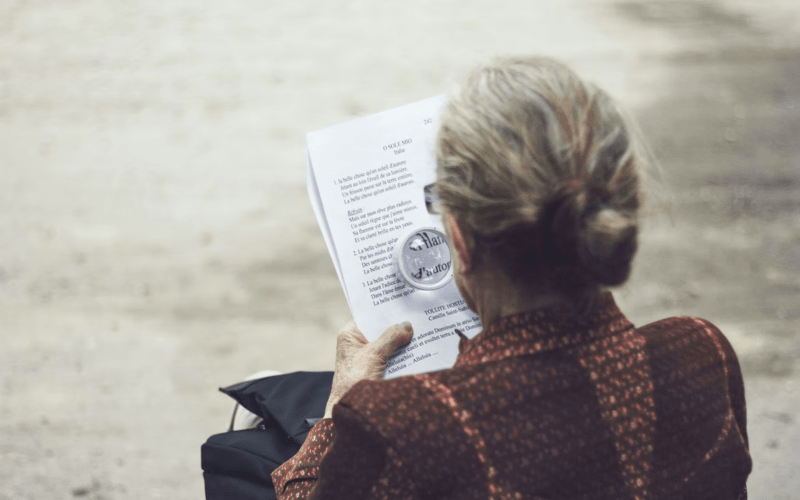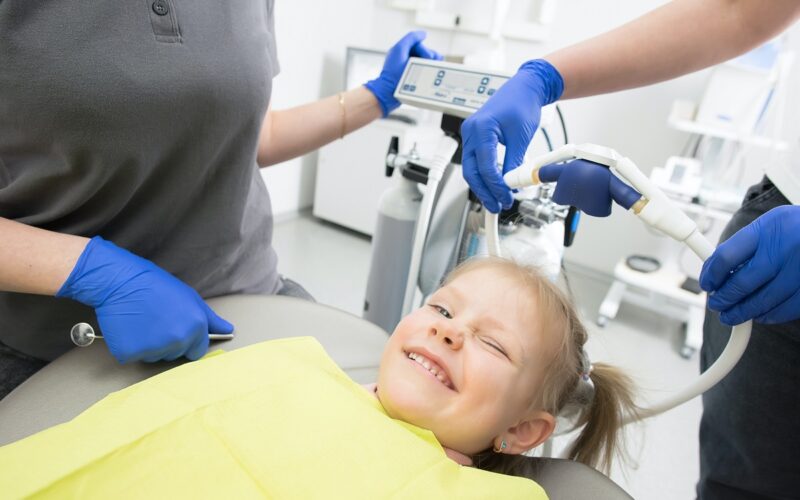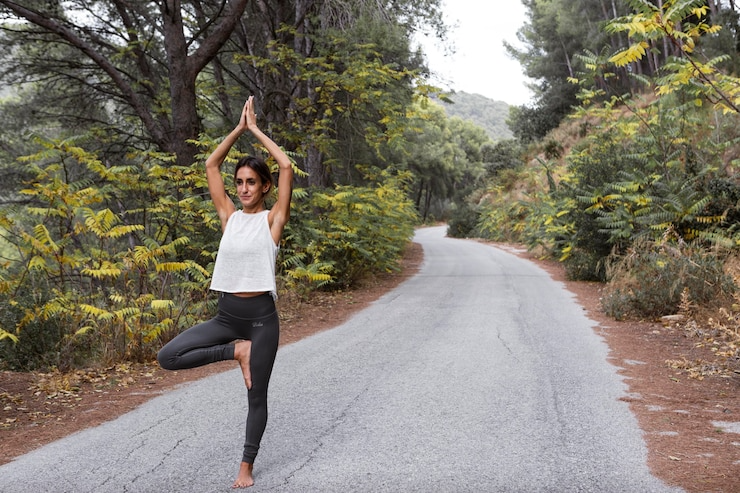
Good eyesight is the secret to a hassle-free life.
It’s true! There is an estimated 81% road crash involvement rate for drivers with visual impairment or poor eyesight. Paramedics, surgeons, firefighters and police officers, pilots, and designers all need excellent vision to carry out their jobs well. Even students and children need to have good eyesight to focus on their studies and perceive the world around them more clearly.
Despite the emergence of advanced technology in the medical field, the best way to prevent compromising your eyesight and improving your vision is to adopt healthy lifestyles or habits.
What are these steps in biohacking wellness that you can include to help protect your precious eyes and boost your visual acuity?
Read on to find out!
5 Simple Steps to Improve Your Eyesight
1. Eat fruits and vegetables.
Fruits and vegetables are natural sources of vitamins and minerals that are good for the eyes. While there may be multivitamins and supplements available in the market, nothing compares to fueling your body with a tasty dose of delicious and nutritious food.
Whether you prefer to eat locally based foods or purchase goods from the supermarket, make sure to add the following in your grocery list:
Sweet potatoes, legumes, spinach, kale, lettuce, squash, carrots, avocados, brussel sprouts, oranges, kiwi, guava, broccoli, grapefruit, red bell peppers, and zucchini. These fruits and vegetables are rich in vitamins A, C, and E, beta carotene, zeaxanthin, and lutine.
You can also add a mix of proteins and meat to fortify your nourishment for your eyes. Salmon, eggs, oysters, chicken, and beef are all excellent sources of nourishment to improve your vision.
2. Pack some eye drops.
If you are constantly going out and about or have a job that requires you to stay in front of a computer screen for hours, take some eye drops with you. Your eyes tend to feel strained and dried up especially when exposed to pollution and excessive blue light. Humidity is also a possible factor for causing dry eyes.
A few doses of eye drops should help alleviate dryness and boost your tired and strained eyes.
When choosing the right type of eye drops, it is best to go for one that is free from preservatives. Alternatively, you can also ask your doctor to prescribe eye drops that are safe and suitable for your eyes. For instance, there are eye drops carefully formulated to alleviate allergic reactions, provide rehydration for tired eyes, and reduce redness.
3. Do these eye exercises.
Did you know that there are different ways you can exercise your eyes?
The 20-20-20 rule involves taking regular or routine breaks for your eyes. Say, if you tend to spend too much time in front of the computer, look away from the screen after 20 minutes of exposure. Stare or look at an object or distance about 20 feet away from where you are. Do this for 20 seconds. The exercise is meant to help keep your eyes from being too strained and your vision blurred followed by overexposure to blue light.
Doing the so-called Figure Eight trains your eyes to have sharper vision and spot things from afar more easily. To do this exercise, you need to stare at a distance 10 feet away. While doing so, trace an imaginary figure number eight with your eyes for 30 seconds. Once done, trace another eight with your eyes but this time, do so in the opposite direction.
How about something to help your eyes relax especially after a long and tiring day or night? Palming is a relaxing activity for your eyes. Assume a relaxing position. Try sitting on your bed, sofa, or in a quiet and serene area with enough ventilation. Warm your hands either by rubbing them together, holding a warm compress, or submerging them in warm water. Close your eyes and put the palms of your hands over your eyes. Make sure that no light reaches your eyes. Relax, breathe deeply, and try to clear your thoughts. This method is said to be effective in revitalizing tired and strained eyes, relieving muscle tension on the neck and shoulders, and alleviating headaches.
4. Lessen your screen time.
You’ve already spent over eight hours laser-focused on your computer, tablet, and laptop. The least you can do for your eyes is to keep it away from any additional screen-exposure once the day is over.
Staring at your phone or computer screen for hours without taking breaks is one of the leading causes of nearsightedness.
Get off your phone and look at the beautiful scenery around you instead. Take a walk along the beach, go stargazing, or visit a museum and look at beautiful pieces of art. Don’t hesitate to seize an opportunity to sit back and relax within the comfort of your abode, where you can close your eyes and allow your eyes to rest. Your eyes will surely thank you for that!
5. Get enough zzz’s.
Sleep deprivation affects your eyesight. When you sleep, your eyes also benefit because it allows them to heal and ‘replenish’. Think of sleep as a way for your entire body and all of your senses to recharge for them to function properly the following day.
Have you ever suffered from a twitching eye after a sleepless night? If so, then that is proof of the importance of getting enough sleep to maintain good eye health. In more serious cases, prolonged lack of sleep may lead to the development of glaucoma, a combination of eye diseases brought by damaged optic nerves.
Take better care of your eyes before it’s too late!
Meanwhile, if you are experiencing more serious symptoms such as recurring headaches, cloudy vision, difficulty focusing and adjusting your vision on nearby and faraway objects, or see dark spots within your line of sight, visit your ophthalmologist as soon as possible.
Want more health advice? Are you interested in submitting an informative read of your own? Join us!





